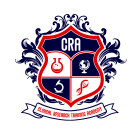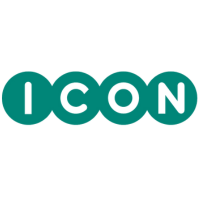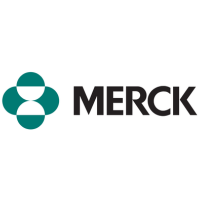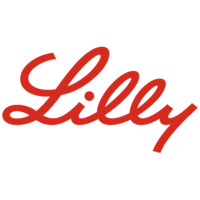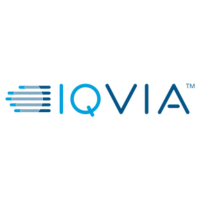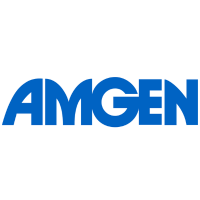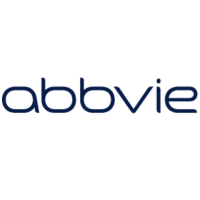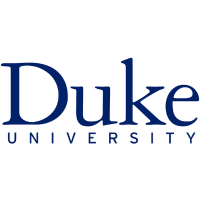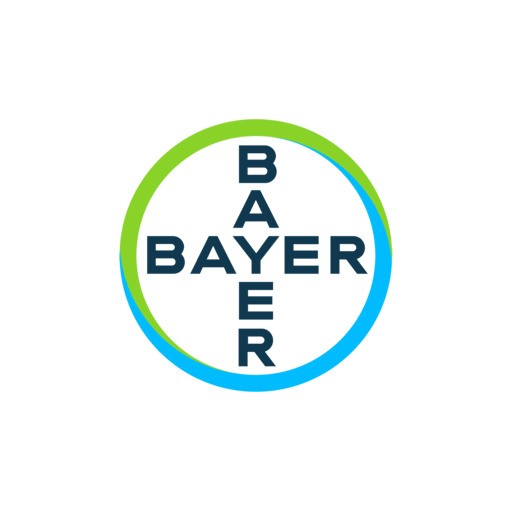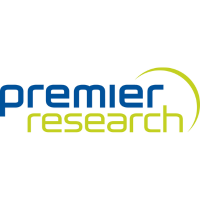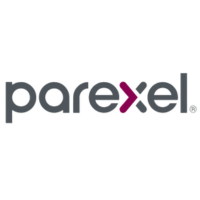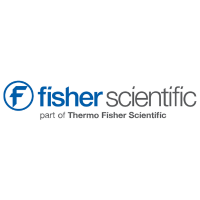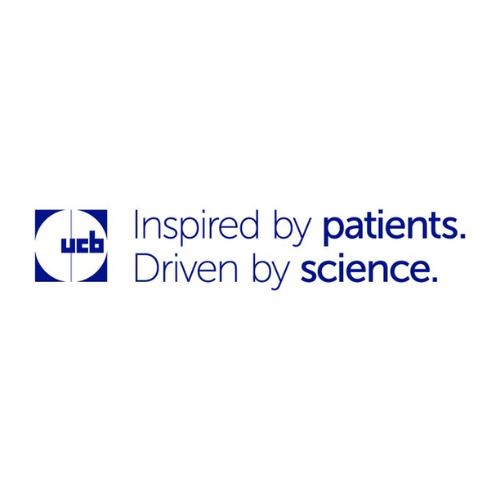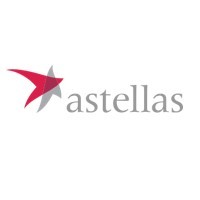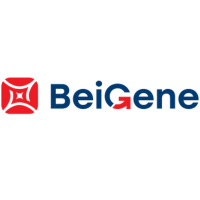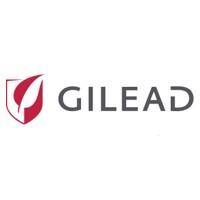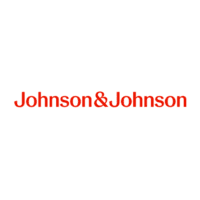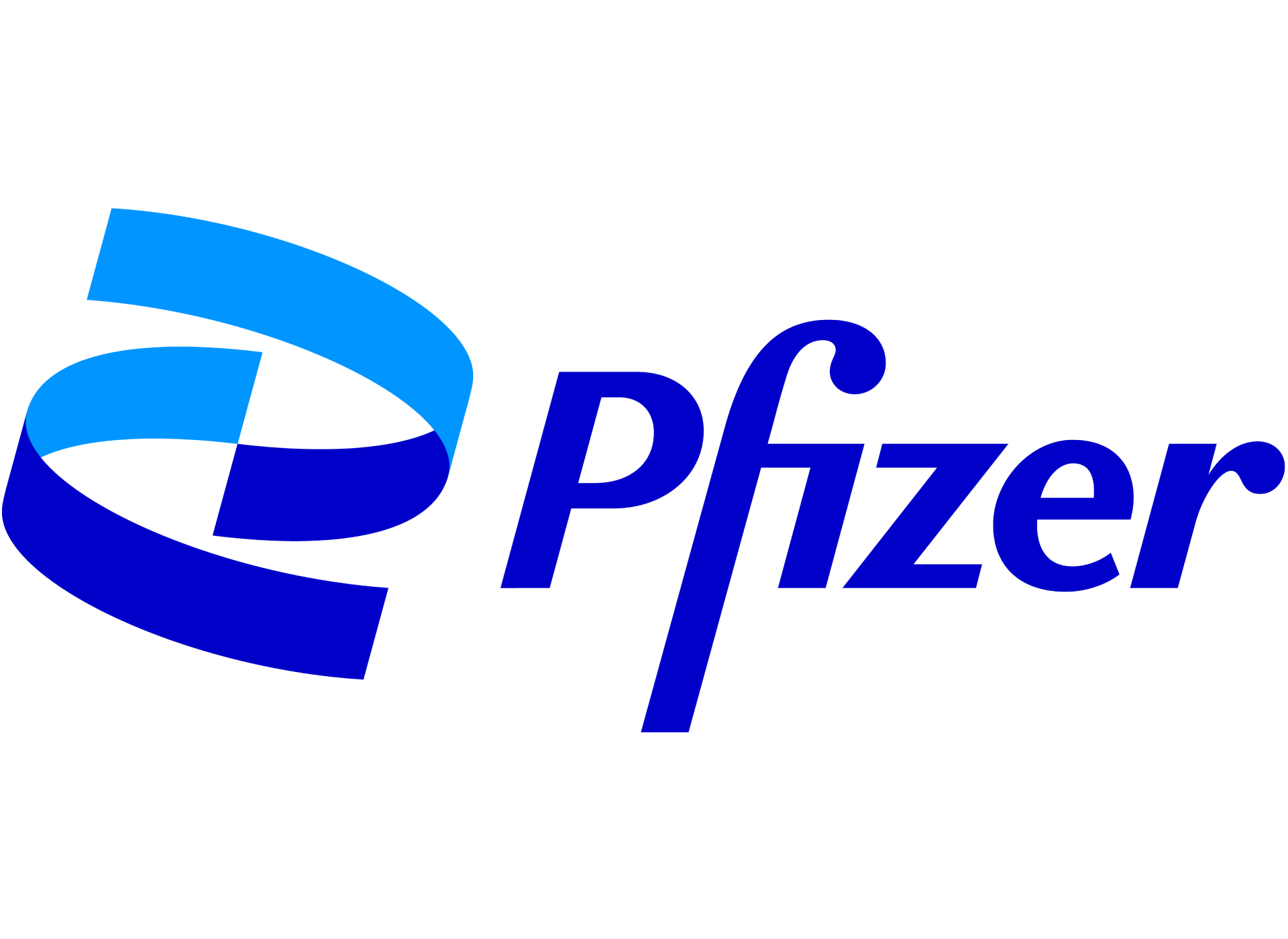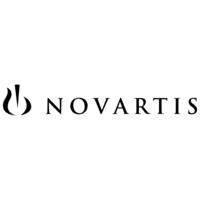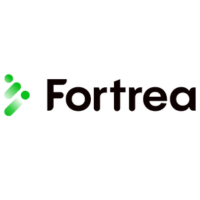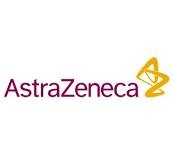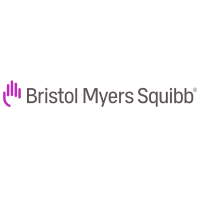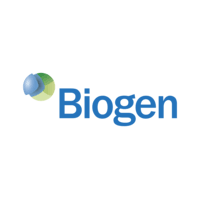Course Description
This comprehensive two-day training provides a deep, comparative understanding of global medical device regulatory systems focusing on the U.S. FDA, Health Canada, and the European Union (EU MDR).
Participants will learn how to classify medical devices, select the correct market authorization pathway, prepare compliant documentation, and fulfill post-market obligations in each region. The program combines practical case studies, group activities, and instructor-led workshops to build confidence in regulatory strategy, submissions, and global compliance readiness.
This course is ideal for professionals seeking a complete, hands-on foundation in medical device regulation and a practical roadmap to bring products to market in multiple jurisdictions.
Course at a Glance
2-Day Live Virtual Workshop
2 Full Days of Interactive Learning
Intensive, instructor-led sessions
February 23 - 24, 2026
Upcoming Virtual Workhop
9:00 AM - 4:00 PM Eastern
Small-group, live instructor-led sessions
Price : $1995.00 USD
Location:
Participate from anywhere with stable internet
Certificate of Completion from CRTA
Recognized professional credential
Faculty Director: Jordan John
Limited Seats - Secure Your Spot Early!
Learning Objectives
By the end of the two-day course, participants will be able to:
-
•
Explain and compare the regulatory frameworks governing medical devices under FDA, Health Canada, and EU MDR.
-
•
Determine device classification and understand the impact on regulatory controls and quality requirements.
-
•
Identify market authorization pathways (510(k), De Novo, PMA, MDL, MDEL, and CE Marking).
-
•
Understand the structure and content of regulatory submissions and the documentation needed for approval.
-
•
Apply UDI, labeling, and advertising requirements across markets.
-
•
Recognize post-market surveillance, vigilance, and recall obligations.
-
•
Develop a regulatory strategy aligned with company size, product type, and commercialization goals.
-
•
Gain familiarity with audit expectations, MDSAP alignment, and emerging global harmonization trends.
Who Should Attend
-
•
Regulatory Affairs Specialists and Managers
-
•
Quality Assurance Professionals
-
•
R & D and Product Development Leads
-
•
Importers, Distributors, and Manufacturers targeting the U.S., Canada, and EU markets
-
•
Entrepreneurs, Start-ups, and Project Managers in MedTech and HealthTech
Course Outline
Day 1 – Foundations and North American Regulations
Module 1 – Global Overview & Device Classification
- Introduction to international regulatory frameworks
- Definitions: device, accessories, IVDs, SaMD, combination products
- IMDRF and global convergence
- Device classification logic and common pitfalls
- Workshop 1: Classify sample devices across FDA, Health Canada, and EU systems
Module 2 – U.S. FDA Regulatory Framework
- FDA structure and regulatory authority
- Device classification (Class I, II, III) and general vs. special controls
- Market authorization pathways: 510(k), De Novo, PMA, and Exemptions
- Submission components and common deficiencies
- Establishment registration, device listing, and UDI requirements
- Labeling and promotional compliance.
- Workshop 2: Build a simplified 510(k) summary and identify required documentation
Module 3 – Post-Market and Quality Requirements (FDA)
- Medical Device Reporting (MDR) and correction/recall procedures
- Quality System Regulation (21 CFR 820) overview
- Complaint handling, CAPA, and risk management linkage
- FDA inspection readiness and enforcement examples
Day 2 – Health Canada, EU MDR, and Integration Strategy
Module 4 – Health Canada Framework
- Organizational structure and device classification
- Medical Device Licensing (MDL) and Establishment Licensing(MDEL)
- ISO 13485 (QMS) alignment and MDSAP overview
- Labeling and bilingual requirements
- Post-market surveillance, complaint handling, and mandatory reporting
- Workshop 3: Prepare a mock MDL/MDEL checklist for a sample device
Module 5 – EU MDR Requirements
- Transition from MDD to MDR – key changes and timelines
- Device classification rules and risk-based conformity assessment routes
- Role of Notified Bodies and CE-marking process
- Technical Documentation – contents and common audit findings
- Clinical Evaluation and Post-Market Clinical Follow-up (PMCF) basics
- Vigilance and trend reporting obligations
- Workshop 4: Map the conformity assessment route for a sample device
Module 6 – Integration, Global Strategy & Emerging Topics
- Comparing submission timelines and costs across regions
- Harmonization efforts (IMDRF, MDSAP, ISO standards)
- Preparing for multi-market submissions – sequencing and efficiency
- Software and digital health regulatory updates
- Borderline and combination products
- Workshop 5: Group case study – Develop a global regulatory strategy for a new MedTech product
Closing Session
- Final knowledge assessment quiz
- Open Q&A and feedback discussion
- Certificate of Completion awarded
Interactive Activities
- •
Workshops (5 total): Device classification, submission simulation, labeling review, MDL/MDEL exercise, and CE marking roadmap.
- •
Live Polls and Quizzes: Reinforce key regulatory distinctions.
- •
Group Case Studies: Teams analyze real-world scenarios and propose compliant strategies.
- •
Open Q&A and networking opportunity
- •
Document Review Challenge: Identify errors in mock labeling and submission templates.
- •
Expert Q&A: Personalized discussion on attendee product types and challenges.



